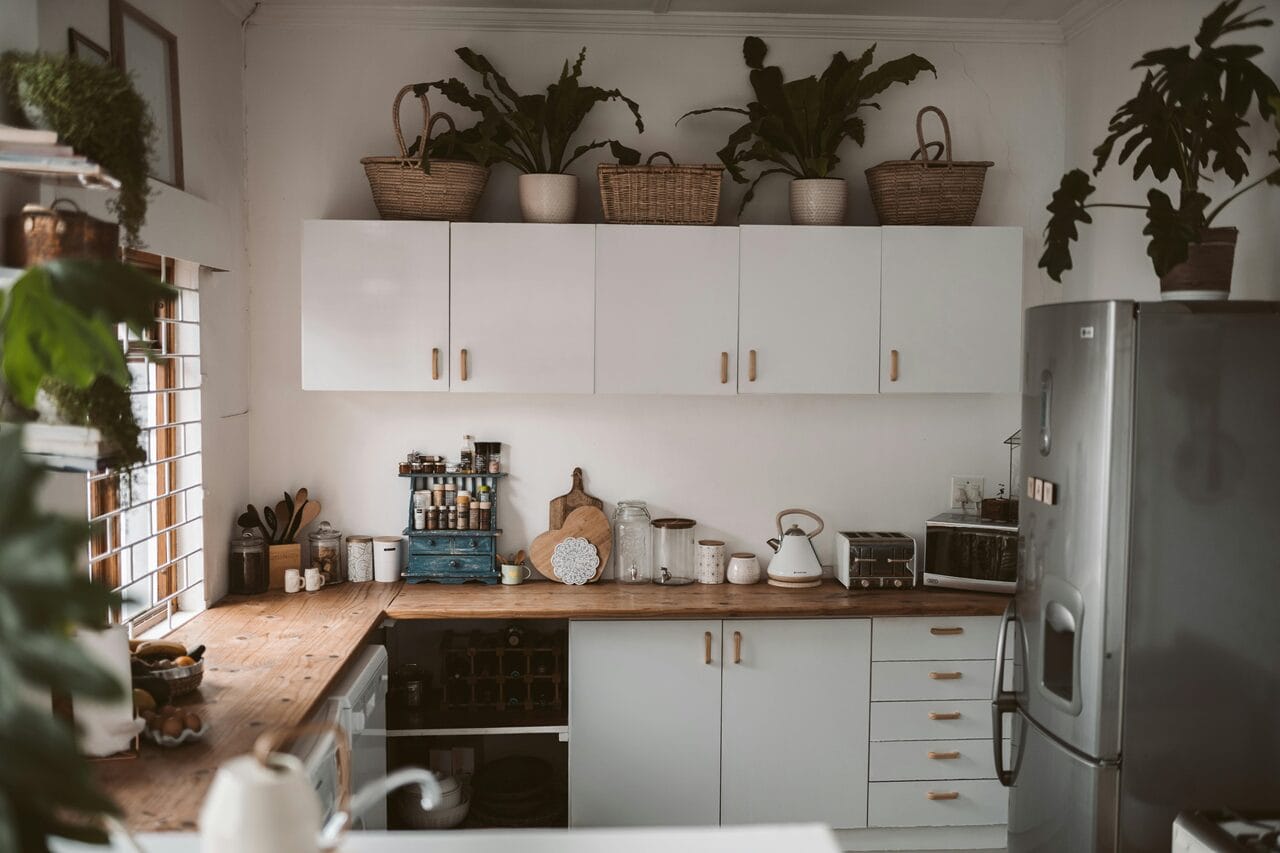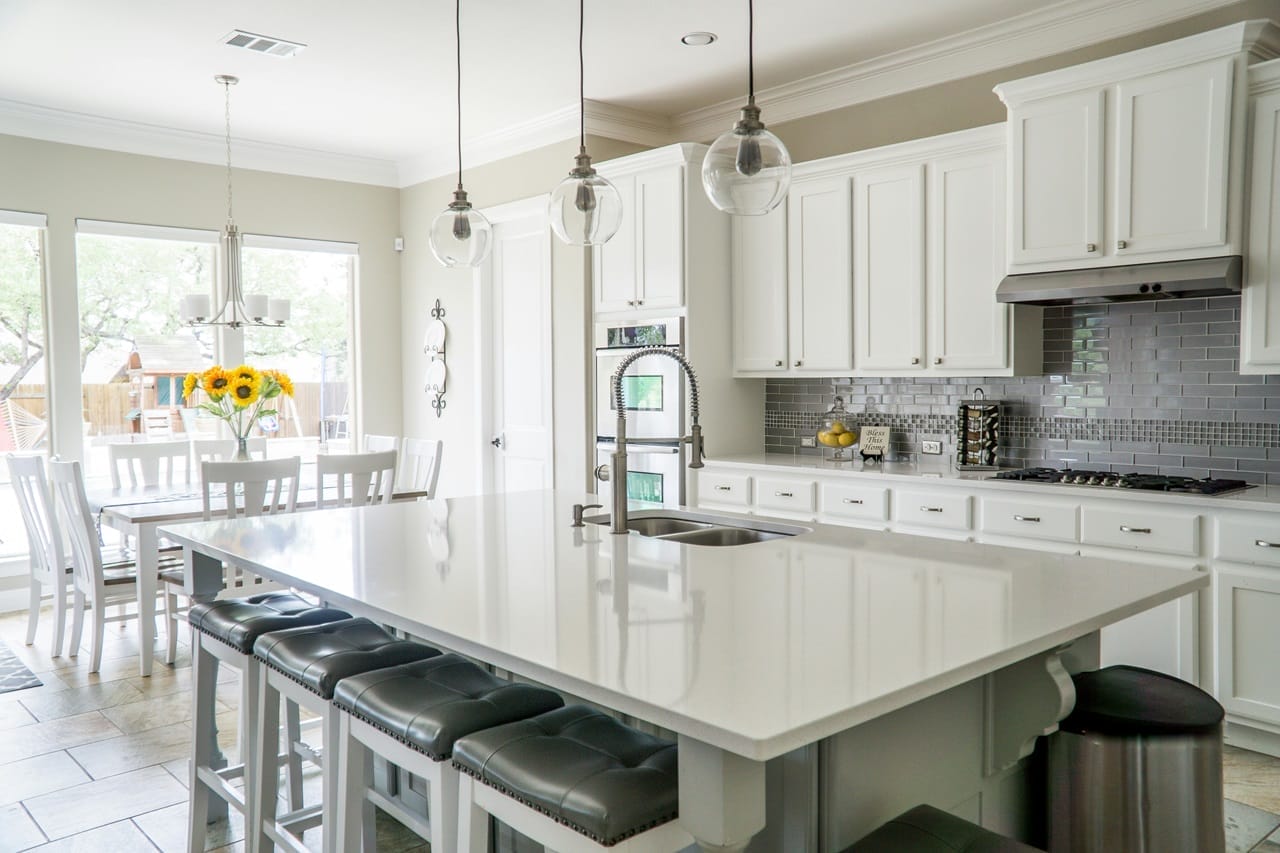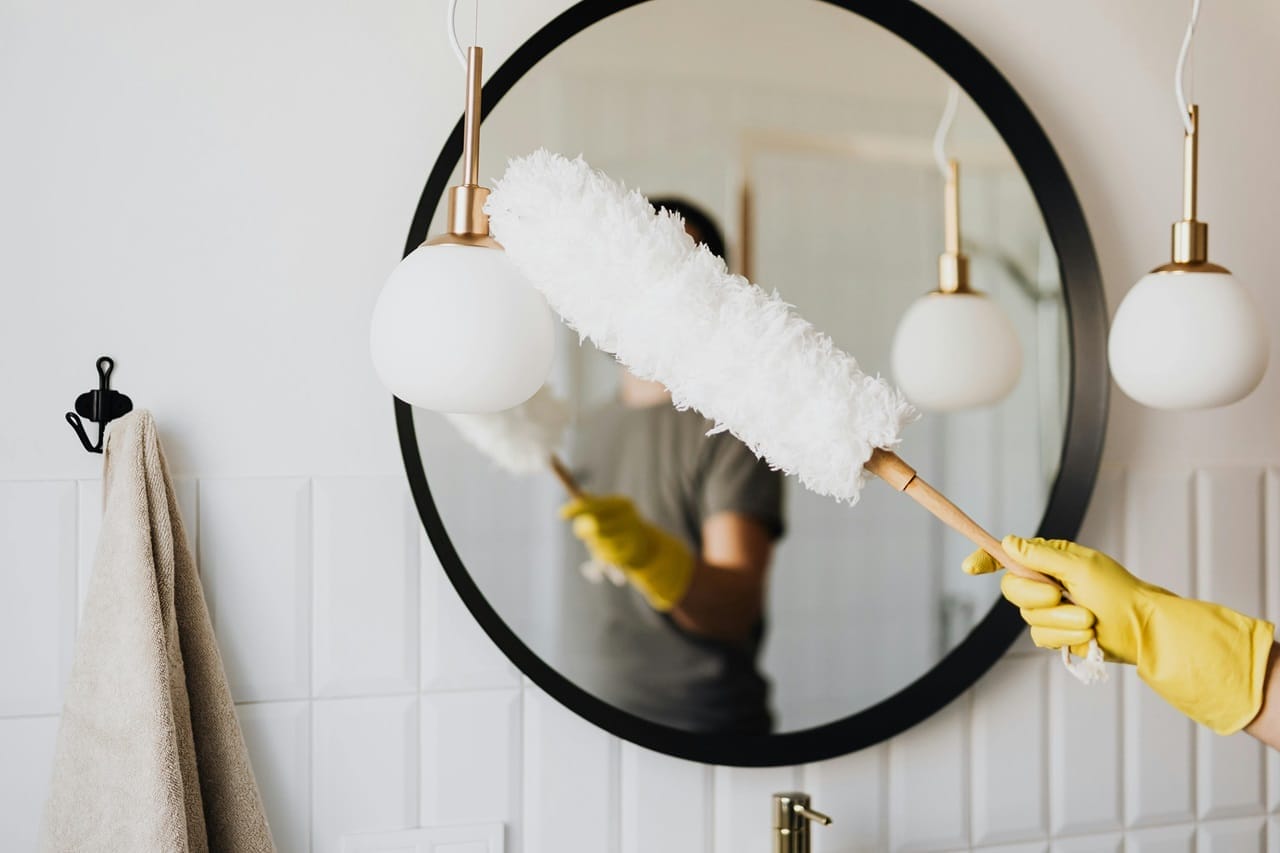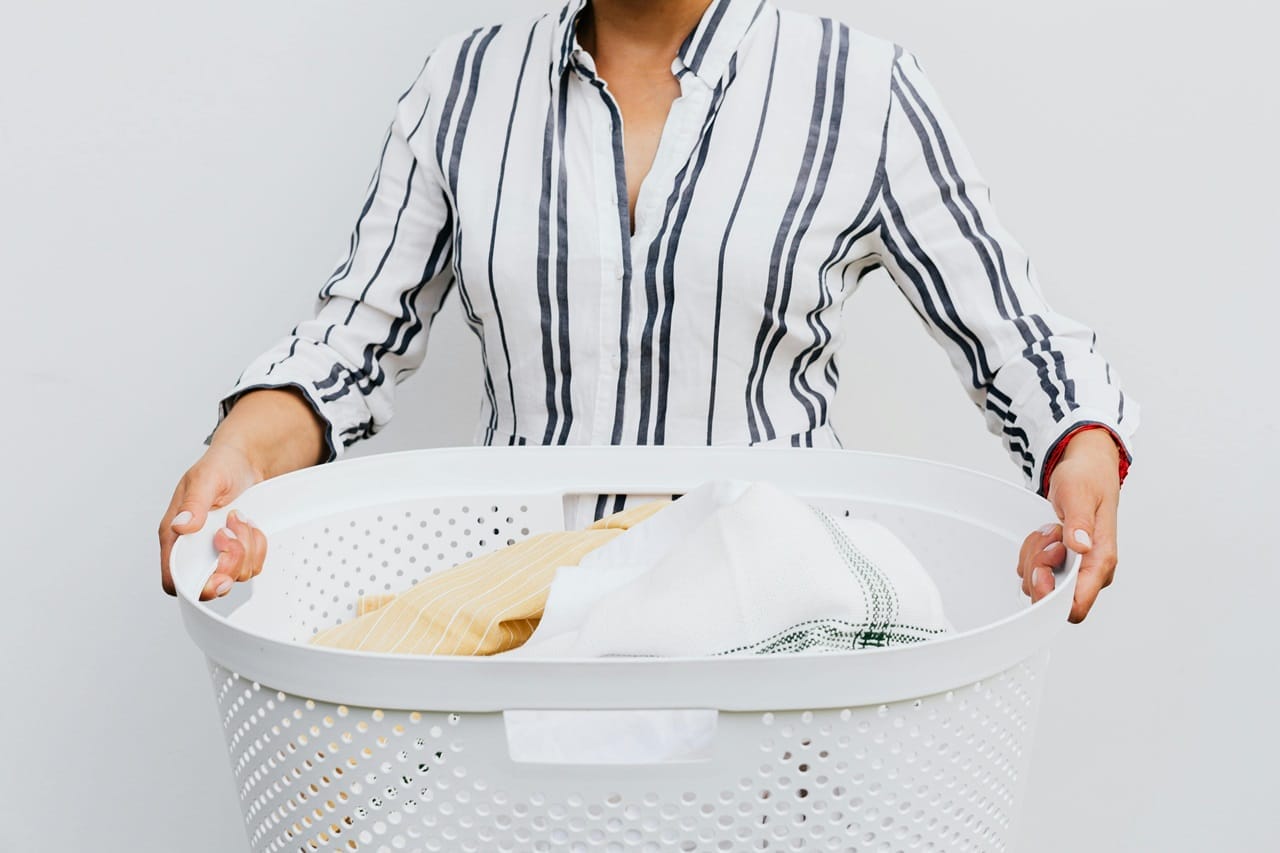As the temperature rises during the hot season, many people find themselves looking for ways to stay cool without relying on air conditioners. In Nigeria, where electricity costs can be high and power outages frequent, running an air conditioner constantly is not always an option. Fortunately, there are several effective methods to keep your home cool and comfortable without needing an air conditioner.
In this blog, we’ll explore practical and cost-efficient ways to maintain a cool indoor environment, even during the hottest days of the year. From simple adjustments in your living space to innovative techniques for circulating air, these tips will help you beat the heat while saving on energy costs.
1. Optimize Airflow with Cross Ventilation
One of the simplest and most effective ways to cool your home without an air conditioner is by optimizing airflow through cross ventilation. This method involves creating a pathway for fresh air to flow freely through your home by opening windows and doors on opposite sides of the house.
Steps for Cross Ventilation:
- Open windows on opposite sides of the house to allow cool air to flow in and hot air to escape.
- If possible, open doors and windows during the early morning or late evening when outdoor temperatures are cooler.
- Ensure there are no obstacles, like heavy furniture, that block the flow of air between rooms.
Cross ventilation encourages natural airflow, which can significantly reduce indoor temperatures and create a more comfortable living environment.
2. Use Fans Strategically
Fans are an excellent way to circulate air and create a cooling breeze. However, to maximize their effectiveness, it’s important to use them strategically.
Ways to Use Fans for Maximum Cooling:
- Ceiling fans: Make sure your ceiling fans are rotating counterclockwise during the hot months. This setting pushes air downward, creating a wind-chill effect that makes you feel cooler.
- Exhaust fans: Use exhaust fans in the kitchen and bathroom to remove heat and moisture. These fans help draw hot, humid air out of your home, keeping the temperature down.
- Window fans: Place a fan facing outward in one window to pull hot air out of the room, while placing another fan in a different window to bring cool air in.
By using fans efficiently, you can reduce the temperature inside your home without relying on air conditioning.
3. Block Out the Sun
The sun’s rays can quickly heat up your home, especially if you have large windows that let in direct sunlight. Blocking out sunlight during the hottest parts of the day can help keep your indoor space cooler.
Tips to Block Out the Sun:
- Close curtains and blinds: During peak sunlight hours (typically between 11 a.m. and 4 p.m.), close curtains or blinds to prevent heat from entering your home.
- Use reflective window film: Installing reflective window film on windows that face the sun can help deflect sunlight and prevent your home from heating up.
- Add outdoor shading: Consider installing outdoor shades, awnings, or planting trees around your home to block direct sunlight and reduce the amount of heat entering through windows.
These simple steps can lower the temperature inside your home by several degrees, making it more comfortable during the day.
4. Optimize Your Use of Appliances
Many household appliances generate heat, making your home warmer than it needs to be. To keep your home cool, be mindful of how and when you use these appliances.
Tips for Managing Heat from Appliances:
- Avoid using the oven: Instead of cooking with your oven which generates a lot of heat, go for stove-top cooking, or grilling outdoors. This will prevent your kitchen from heating up unnecessarily.
- Run appliances at night: Washers, dryers, and dishwashers produce heat when in use. Run these appliances during the evening or early morning hours when the outside temperature is cooler.
- Unplug electronics: Even when they’re not in use, electronics like televisions, computers, and chargers emit heat. Unplug them when they’re not being used to prevent heat buildup.
By reducing the use of heat-generating appliances during the hottest parts of the day, you can keep your home cooler and more comfortable.
5. Cool Yourself Down
Sometimes, cooling your body is more effective than trying to cool down an entire room. Taking steps to lower your body temperature can make you feel more comfortable, even when the air around you is warm.
How to Cool Yourself Down:
- Drink cold water: Staying hydrated with cold water can help regulate your body temperature and prevent overheating.
- Wear light, breathable clothing: Choose loose-fitting, light-colored clothes made of breathable fabrics like cotton or linen. These materials allow air to circulate around your body, keeping you cooler.
- Take cool showers: If you’re feeling particularly hot, take a cool shower to lower your body temperature quickly.
- Use a cooling towel: Wet a towel with cold water and place it on your neck, wrists, or forehead to cool down.
Focusing on keeping your body cool can make a big difference in how comfortable you feel, even when the temperature in your home is high.
6. Use Indoor Plants
Indoor plants can help reduce the temperature in your home by releasing moisture into the air through a process called transpiration. Plants also add a refreshing, natural aesthetic to your living space.
Best Plants for Cooling Your Home:
- Snake plant: This plant is easy to care for and releases oxygen at night, helping to cool the air around it.
- Aloe vera: Not only does aloe vera release moisture, but it’s also great for treating sunburns!
- Areca palm: This tropical plant is known for releasing a significant amount of moisture into the air, which can help cool down your home.
Adding a few well-placed indoor plants can enhance both the look and feel of your home, providing a natural cooling effect during the hot season.
7. Embrace Natural Light at Night
While blocking sunlight is essential during the day, embracing natural light during the evening can help cool your home. Once the sun sets, open your curtains, blinds, and windows to let in the cooler night air.
Nighttime Cooling Tips:
- Keep windows open in rooms where you’re not sleeping to allow a breeze to flow through your home.
- Use fans to circulate the cool night air, creating a comfortable sleeping environment.
By allowing cool air to circulate in the evening, you can significantly lower the temperature inside your home, making it more comfortable for bedtime.
Conclusion
Keeping your home cool without an air conditioner is entirely possible with a few simple adjustments and smart strategies. From optimizing airflow and using fans effectively to blocking out the sun and managing appliance use, these techniques can help you beat the heat naturally. For busy Nigerian households, where air conditioning may not always be feasible, these cost-effective solutions offer a practical way to maintain comfort during the hot season.







